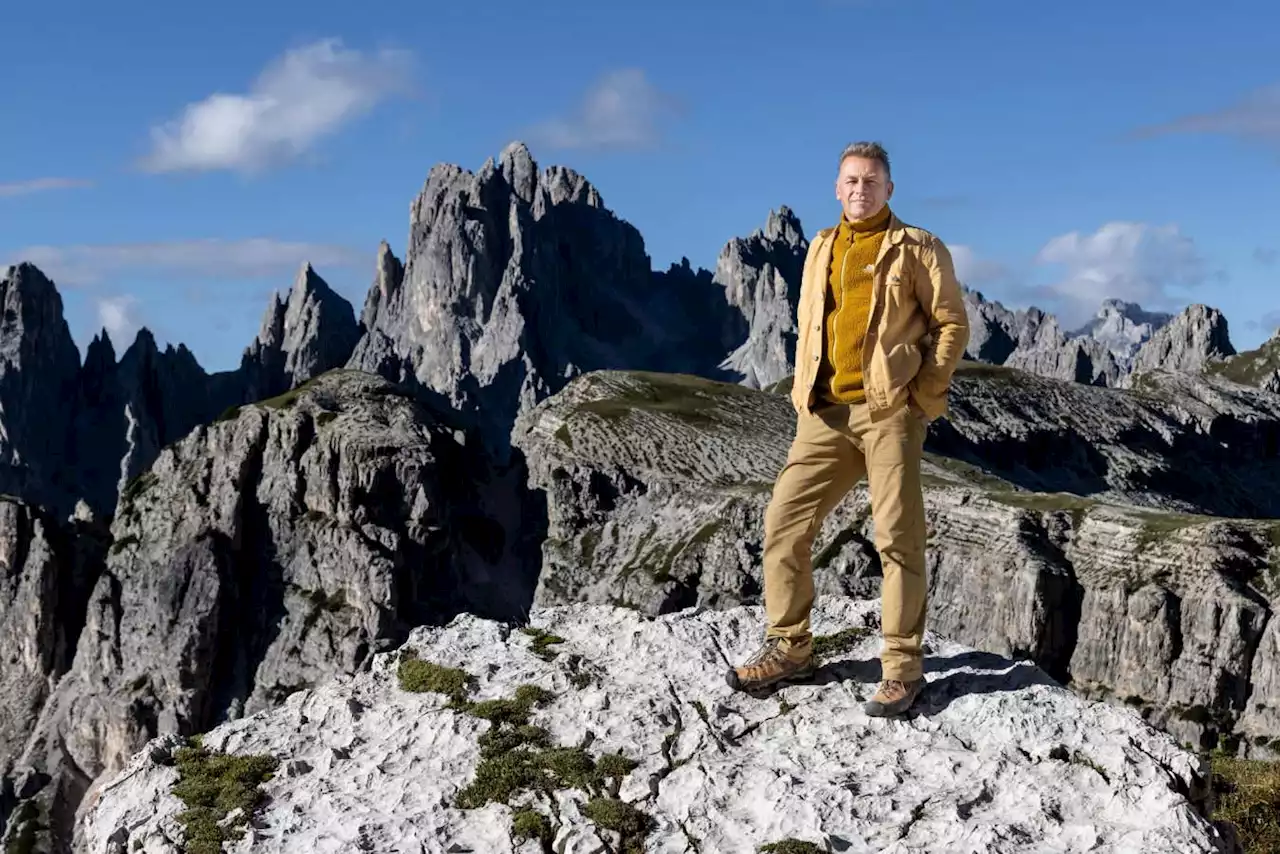A new analysis shows that there are probably many more Earth-like exoplanets with liquid water than had been thought, significantly increasing the chance of finding life.
Dwarf planets Pluto and Ceres are also suspected of having an underground ocean, as are some of the moons of Uranus.“We know that the presence of liquid water is essential for life,” said Ojha. The work shows that this water can be found in places planetary scientists had not much considered. “This significantly increases the chances of finding environments where life could, in theory, develop.”
That conclusion comes from insights into ways that frozen planets could host liquid water oceans under their surfaces:Gravitational effects of the large planets they orbit.Firstly, the study found that a high percentage of planets orbiting red dwarf stars could generate their own heat.
Secondly, the paper considers the solar system’s wet moons. “Their interior is continually churned by the gravitational effects of the large planets they orbit, such as Saturn and Jupiter,” said Ojha. “This is similar to the effect of our moon on tides, but much stronger.”The likes of Enceladus and Europa are prime candidates for finding life in our solar system—and the world’s space agencies are already on the case.
The European Space Agency’s JUICE mission launched in April 2023 and will arrive in 2031, ultimately to orbit Ganymede after two flybys of Europa, 21 flybys of Callisto and 12 flybys of Ganymede. NASA’s Europa Clipper will launch in October 2024 and conduct 32 flybys of Europa from 2030.
Argentina Últimas Noticias, Argentina Titulares
Similar News:También puedes leer noticias similares a ésta que hemos recopilado de otras fuentes de noticias.
 The Meaning Of Retrograde Planets In Your Natal ChartUnlocking the meaning of of retrograde placements in your birth chart, one planet at a time.
The Meaning Of Retrograde Planets In Your Natal ChartUnlocking the meaning of of retrograde placements in your birth chart, one planet at a time.
Leer más »
 Climate change ratchets up the stress on farmworkers on the front lines of a warming EarthAs Earth this week set and then repeatedly broke unofficial records for average global heat, it served as a reminder of a danger that climate change is making steadily worse for farmworkers and others who labor outside.
Climate change ratchets up the stress on farmworkers on the front lines of a warming EarthAs Earth this week set and then repeatedly broke unofficial records for average global heat, it served as a reminder of a danger that climate change is making steadily worse for farmworkers and others who labor outside.
Leer más »
 Earth review: BBC tells terrifying story of our planet’s Great DyingThis epic TV series kicks off with Inferno, the story of our planet’s biggest mass extinction. Host Chris Packham probes how Earth lost up to 90 per cent of its species in an event which began 252 million years ago
Earth review: BBC tells terrifying story of our planet’s Great DyingThis epic TV series kicks off with Inferno, the story of our planet’s biggest mass extinction. Host Chris Packham probes how Earth lost up to 90 per cent of its species in an event which began 252 million years ago
Leer más »
 Scientists set to mark the 'golden spike' of human devastation on EarthA group of scientists will announce the period selected to embody the Anthropocene epoch, a geological age that reflects the devastating impact of humans on the planet
Scientists set to mark the 'golden spike' of human devastation on EarthA group of scientists will announce the period selected to embody the Anthropocene epoch, a geological age that reflects the devastating impact of humans on the planet
Leer más »
 Climate change ratchets up the stress on farmworkers on the front lines of a warming EarthFarm workers are 35 times more likely to die of heat exposure than workers in other industries, but there is no federal heat standard that ensures their safety.
Climate change ratchets up the stress on farmworkers on the front lines of a warming EarthFarm workers are 35 times more likely to die of heat exposure than workers in other industries, but there is no federal heat standard that ensures their safety.
Leer más »
